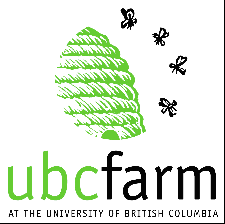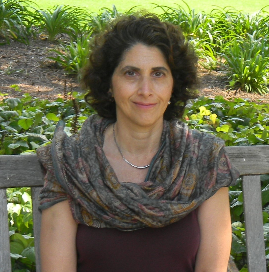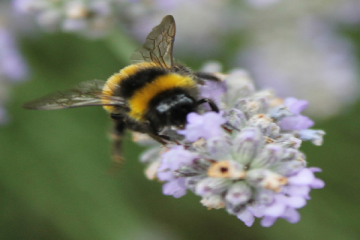IRES Seminar Series
Time: 12:30pm to 1:30pm (every Thursday)
Location: AERL Theatre (room 120), 2202 Main Mall
Joint Event with UBC IRES, UBC Farm and UBC Biodiversity Research Centre



************************************************************************************************************************
Through the bees’ eyes: seeking food system sustainability
Abstract:
Using pollinators as a lens for examining agriculture and food system issues, Kremen will discuss how our current food system is not only unhealthy for the planet, but also for pollinators and people. She will describe studies of native bees that reveal how to create environmentally-friendly farming systems that are also highly productive. These studies show that by diversifying crops, adding hedgerow borders, and incorporating natural habitat patches into farming landscapes, we can promote pollinator biodiversity, increase pollination services, while creating other ecosystem service benefits. Structural and policy barriers often prevent broader adoption of these strategies, but many benefits could be realized through policy reforms.

Bio:
Claire Kremen is Professor in the Department of Environmental Science, Policy and Management at University of California, Berkeley, and co-directs the Center for Diversified Farming Systems and the Berkeley Food Institute there. She is an ecologist and conservation biologist whose work focuses on understanding and characterizing the relationship between biodiversity and ecosystem services, and utilizing this information to develop conservation and sustainable management plan. Her current research explores the ecological, social and economic benefits, costs and barriers to adoption of diversified farming systems, and on restoring pollination and pest control services in intensively farmed landscapes. Her work reaches from concept to practice and includes hands-on conservation action such as, for example, the scientific design and establishment of a network of protected areas to protect Madagascar’s endemic flora and fauna. She received a MacArthur Foundation Fellowship in 2007, and was elected to the California Academy of Sciences in 2013.

Photo credit: Matthew Smith from flickr/Creative Commons